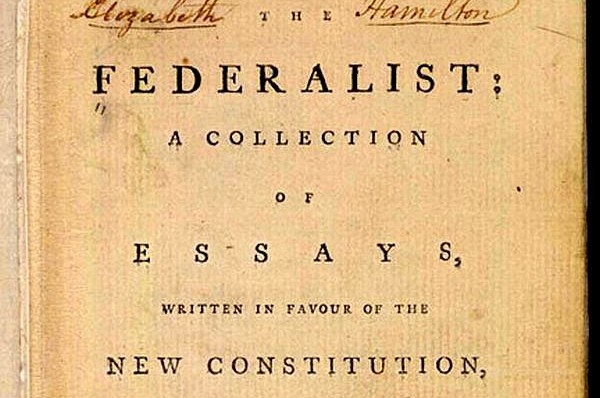
North Carolina senators approved a bill earlier this week that would require curriculum for high school students to include instruction about the gold standard and the “constitutional limitations on government power to tax and spend and prompt payment of public debt,” among other principles.
Senate Bill 524, which the Republican-controlled Senate adopted on April 29, would require the state school board to oversee curriculum requirements that include the teaching of “money with intrinsic value,” a reference to the gold standard. The U.S. dropped the gold standard, which linked the value of the dollar to the value of gold, in 1933, and in 1971 the U.S. stopped allowing people to exchange dollars for gold.
This is an excellent development. Sen. David Curtis, R-Lincoln, its sponsor, and the North Carolina Senate are commended. From a report at North Carolina’s WRAL a reasonable clarification might be helpful. This question was posed in the Senate:
‘Money with intrinsic value – is that in the Federalist Papers?’ asked Sen. Josh Stein, D-Wake.
‘Yes, it is,’ Curtis replied, with agreement from Sen. Jerry Tillman, R-Randolph.
WRAL stated that, “In fact, it is not. A search of all 85 letters that make up the Federalist Papers turns up no mention of money with intrinsic value. It is, however, taken verbatim from the ALEC model bill.”
Federalist Paper #44, by James Madison, states:
The extension of the prohibition to bills of credit [which is what paper money was called in post-colonial days] must give pleasure to every citizen, in proportion to his love of justice and his knowledge of the true springs of public prosperity. The loss which America has sustained since the peace, from the pestilent effects of paper money on the necessary confidence between man and man, on the necessary confidence in the public councils, on the industry and morals of the people, and on the character of republican government, constitutes an enormous debt against the States chargeable with this unadvised measure, which must long remain unsatisfied; or rather an accumulation of guilt, which can be expiated no otherwise than by a voluntary sacrifice on the altar of justice, of the power which has been the instrument of it.
Granted, the specific phrase “intrinsic value” was not used in the Federalist Papers; however, it is perfectly apparent that James Madison, often regarded as the chief architect of the Constitution, considered specie (gold and silver) to be incomparably superior to paper money.
Madison was by no means alone.
Thomas Paine, author of Common Sense (the tract that catalyzed the American Revolution), uses the phrase “intrinsic value” to describe the integrity of currency in his DISSERTATION on government; the affairs of the bank; and paper money:
Of all the various sorts of base coin, paper money is the basest. It has the least intrinsic value of any thing that can be put in the place of gold and silver. A hobnail or a piece of wampum far exceeds it. And there would be more propriety in making those articles a legal tender than to make paper so.
To cavil at the absence of the phrase “intrinsic value” in the Federalist Papers is to grasp at meaningless technicalities and divert attention from the historical validity of specie-based currency as a U.S. founding principle. American foundational documents, indeed history, record indisputably that all of the leading American Founders, with the exception of Benjamin Franklin, were opposed to the use of paper money not defined by and convertible to precious metals. The writings of George Washington, John Adams, Thomas Jefferson, Alexander Hamilton, Albert Gallatin, John Marshall, Rev. Witherspoon, Roger Sherman, and too many others to mention demonstrate this to be the case.
Sen. David Curtis places himself, and North Carolina, into most distinguished company. It may be hoped that the North Carolina General Assembly will follow the noble lead of the North Carolina Senate, and that the Governor will sign legislation providing for the teaching of the gold standard as a key American principle.
Noah Muscente works for American Principles in Action.


